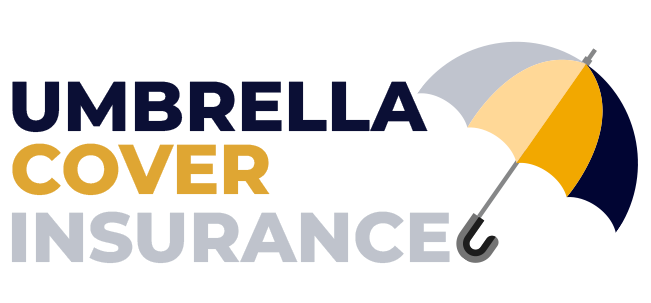Auto insurance is a fundamental requirement for anyone who drives, providing essential protection against accidents, theft, and liability on the road. However, standard auto insurance policies may have coverage limits that leave you financially vulnerable in the event of a severe accident or lawsuit. This is where umbrella insurance steps in, offering an additional layer of protection that bridges the gaps in your coverage. In this article, we’ll explore how auto insurance and umbrella coverage complement each other to provide comprehensive protection for drivers.
Understanding the Limits of Auto Insurance
Auto insurance policies typically provide coverage for property damage and bodily injury liability resulting from car accidents. However, these policies often come with coverage limits that may not fully protect you in the event of a catastrophic accident or lawsuit. If damages exceed the limits of your auto insurance policy, you could be held personally liable for the remaining costs, putting your assets and financial future at risk.
The Role of Umbrella Insurance
Umbrella insurance serves as a supplementary policy that extends the coverage limits of your existing auto insurance. It provides additional liability protection beyond what is offered by your primary policy, helping to safeguard your assets and future earnings from potentially devastating lawsuits or claims arising from auto accidents.
Key Benefits of Umbrella Coverage for Auto Insurance
- Increased Liability Protection: Umbrella insurance offers higher coverage limits than standard auto insurance policies, providing an extra layer of protection against costly lawsuits or claims resulting from car accidents.
- Protection Against Uninsured/Underinsured Motorists: In cases where you’re involved in an accident with a driver who lacks sufficient insurance coverage, umbrella insurance can help bridge the gap by providing protection against uninsured or underinsured motorists.
- Coverage for Legal Expenses: Umbrella policies typically cover legal fees and court costs associated with defending against lawsuits or claims, ensuring that you’re not burdened with substantial legal expenses out of pocket.
- Comprehensive Protection: Umbrella insurance extends coverage beyond just auto-related incidents, providing protection against a wide range of liabilities, including personal injury, property damage, and defamation claims.
Customizing Your Umbrella Policy
When purchasing umbrella insurance for auto coverage, it’s essential to customize your policy to fit your specific needs and circumstances. Consider factors such as your total assets, potential liability risks, and comfort level when determining the coverage limit for your umbrella policy. Additionally, review optional enhancements or endorsements that may provide additional protection tailored to your needs, such as coverage for legal defense costs or uninsured/underinsured motorists.

